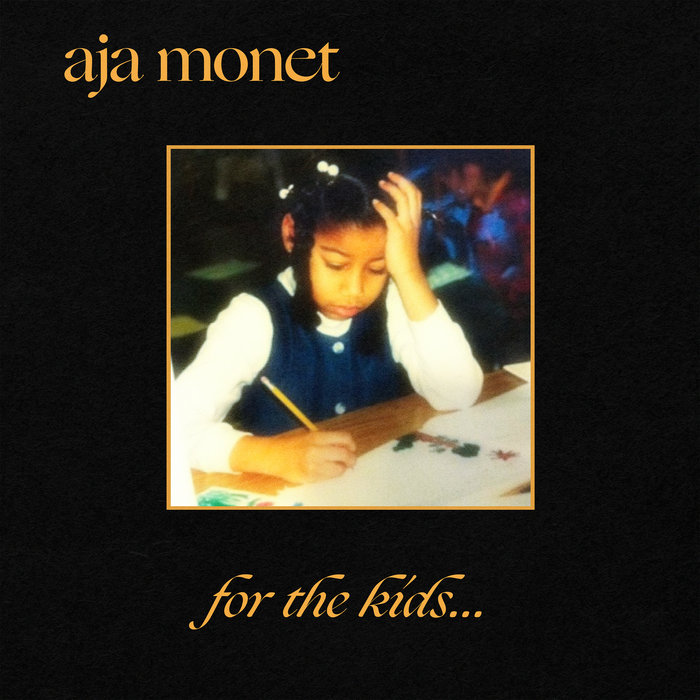
for the kids… – aja monet
this blog is GROOVY – check out great Soul, Funk, Jazz, Hip Hop, Bass, Breaks , Reggae, House n many more TUNES
Hey there, music lovers and word wranglers! 🎤✨ If you’ve ever found yourself humming a catchy tune or tapping your feet to some clever lyrics, you know that the dance between music and poetry is as old as time itself. So let’s shimmy through the ages, exploring how these two art forms have intertwined—complete with a few quirky anecdotes that’ll tickle your ear!
Let’s turn back the clocks a bit. Picture this: it’s around 3000 BC in ancient Mesopotamia. The Sumerians are chanting hymns to their deities while strumming on lyres made from wood—talk about hitting all the right notes! These early tunes were often accompanied by poetry, not just for entertainment but as a way to connect with the divine.
Fast forward to Ancient Greece, where poets like Homer would recite epic tales like The Iliad and The Odyssey accompanied by instruments like harps and lutes. Imagine Homer wearing shades and rapping those verses over a sick beat; now that’s what we call an ancient cypher!
As we glide into the Middle Ages (500-1500 AD), musicians known as troubadours roamed around Europe singing about love, chivalry, and occasionally how bad their last date went. They combined catchy melodies with heartfelt poetry that could make anyone swoon—or chuckle!
Did you know some troubadours had more drama in their lives than soap opera stars? One famous troubadour named William IX of Aquitaine was kicked out of his castle for being too rowdy (read: wild parties). He took his banishment in stride though—with lute in one hand and goblet in another.
With time rolling on into the Baroque period (1600-1750), composers started mixing complex harmonies with poetic texts, creating beautiful operas filled with drama. Think Mozart composing arias infused with heartache—and probably snacking on pastries as he did so.
By the late 18th century into folk traditions across Europe and America, musicians began channeling everyday experiences via song. Enter stage left: folk artists whose relatable lyrics resonated deeply among common folks—because who hasn’t written a song after discovering their favorite snack was gone?
Folksy musician Woody Guthrie famously wrote “This Land Is Your Land” instead of “God Bless America,” clashing head-to-head against patriotic ballads! A little rebellion never hurt anyone… unless it’s at karaoke night!
Jump ahead to the roaring ’20s when jazz started swinging its way onto stages everywhere—from smoky bars in New Orleans to fancy clubs up north. This era birthed new lyrical styles full of emotion drawn from blues roots that told stories about struggles—even if they danced while doing it.
Legend has it that Louis Armstrong once answered reporters’ questions without really hearing them because he had been practicing his trumpet so intensely—in fact didn’t notice when someone tried handing him dinner! Talk about dedication…or maybe just hunger?
Then came rock ‘n’ roll—a sound explosion beginning mid-1950s bringing electric guitars frontstage along with biting lyrics questioning societal norms (“Isn’t She Lovely?” May I add!). Bob Dylan led this charge using poetic storytelling detailing civil rights issues while getting fans grooving along—making serious topics totally cool.
Speaking of Dylan…
Dylan came up during an interview for Playboy magazine claiming “I don’t really write songs” which makes us wonder why every other artist hasn’t tried this method since! Lesson learned folks: sometimes no pressure = hit-making potential!
Bouncing onward to hip-hop’s rise starting late ’70s/early ’80s—the genre became defined by rhythmic vocal delivery alongside beats sampled from older tracks merging poetry effortlessly back again into popular culture! MCs spun rhymes faster than any turntable could keep up—with innovative storytelling reflecting lived realities at street corners worldwide.
And get this: There are rap battles where participants literally trade insults through clever wordplay—it’s basically Shakespeare meets Beat Street!
One legendary battle took place between Eminem vs Insane Clown Posse—they claimed each other’s work wasn’t good enough until everyone realized they were both just super talented dudes obsessed over clown makeup designs more than beefing actually mattered…
Today we’ve got artists blending genres seamlessly – think Taylor Swift delving deep into narrative-driven songs capturing heartbreak then spinning off her own literary pursuits writing novels too! Or Lin-Manuel Miranda crafting Hamilton, marrying history lessons packed inside catchy showtunes making people want lessons done via sing-alongs instead textbooks…and school never felt cooler before right?
Plus social media provides new platforms allowing budding lyricists everywhere share talent globally increasing diversity born within musical landscapes daily—even places beyond traditional venues!
So there you have it; we’ve waltzed our way through centuries showing how music evolved from classic chants echoing prayers onwards modern mashups turning pop-culture upside down—all thanks largely due cooperation eternal artistic bond connecting words rhythm dancing harmoniously together forevermore till next jam session rolls around again soon enough!!
Keep rocking those rhythms pals—we’ll catch ya at open mic night!

for the kids… – aja monet

Le Rêve – Pablo Color and Liza Carrey
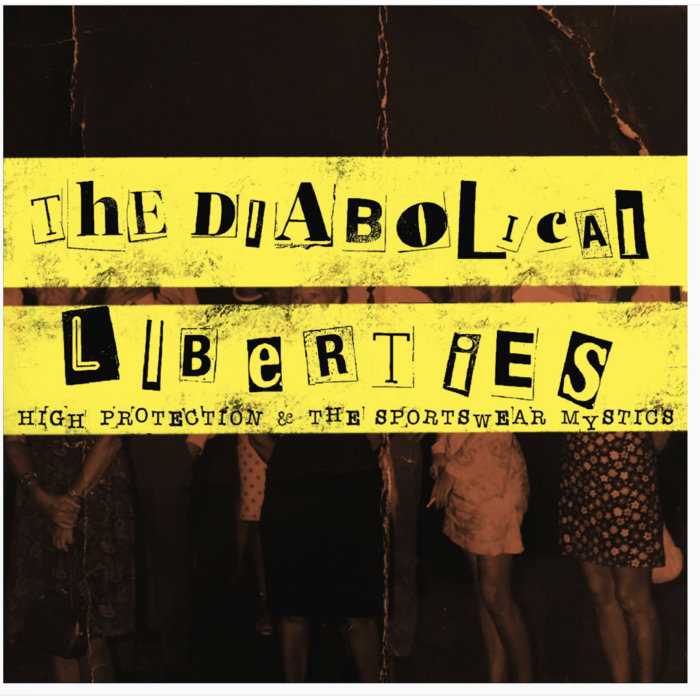
High Protection ft Emma-Jean Thackray – ThE DiAboLIcaL LibERTieS
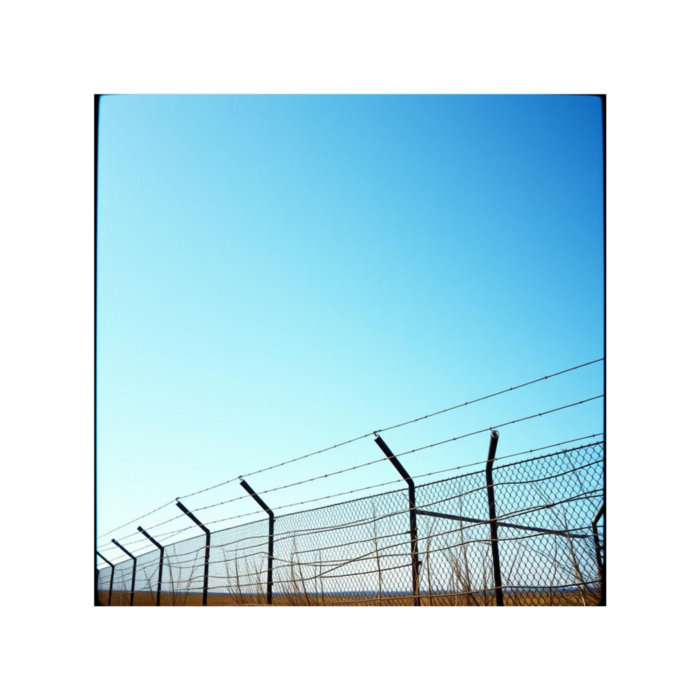
The Unknown Warrior – Stabitha
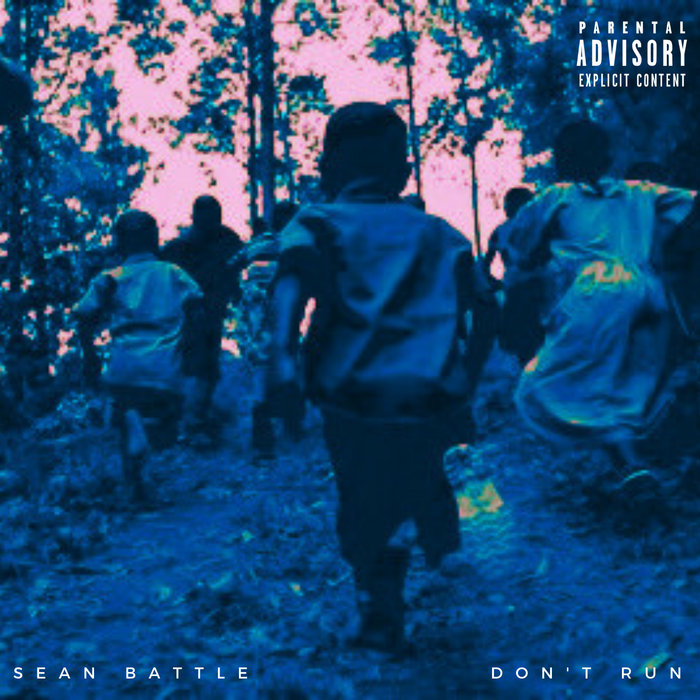
Afrodisiac – Sean Battle
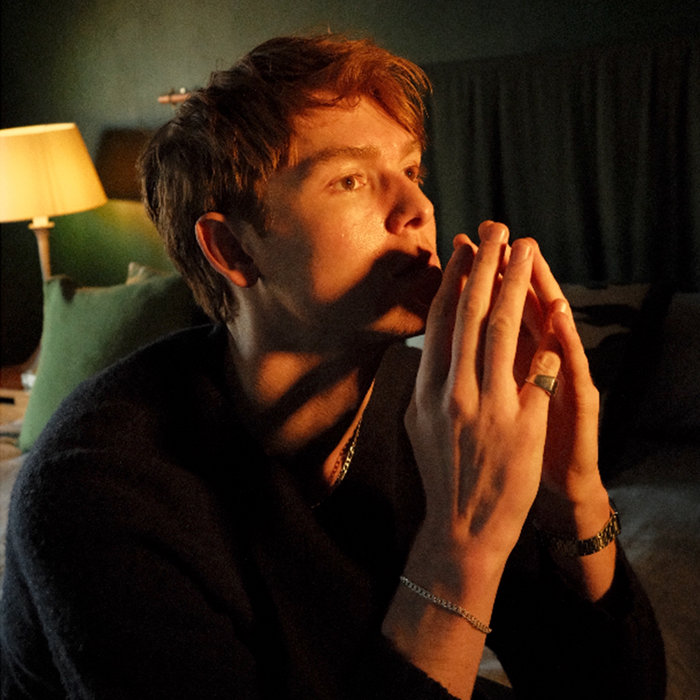
Butterfly – Dan Whitlam
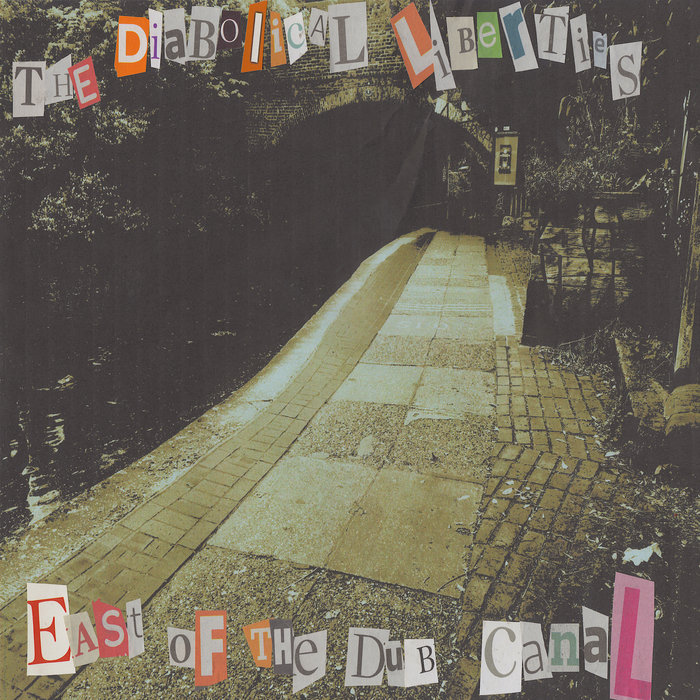
eaST Of tHe DUb cANaL – ThE DiAboLIcaL LibERTieS